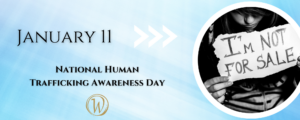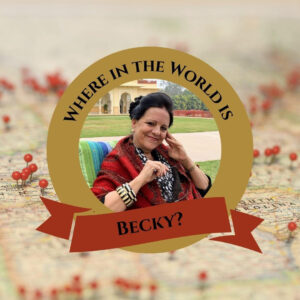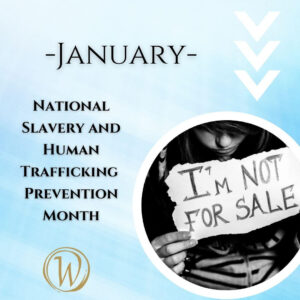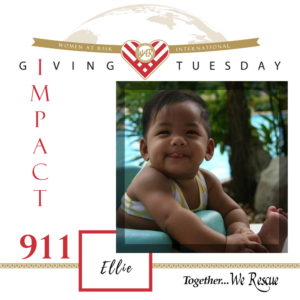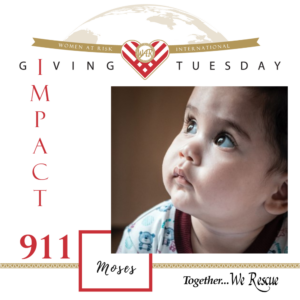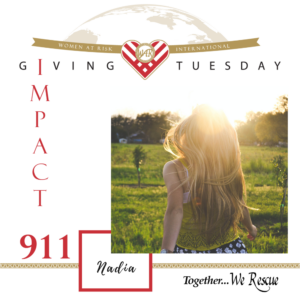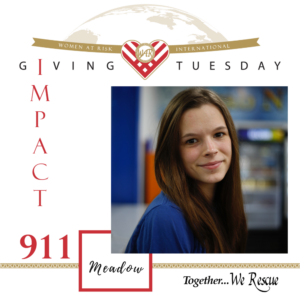By Becky McDonald, Founder & President
-January 2023
The WAR Chest Boutique carries a fun deck of cards with a variety of questions to help learn the real heart of a person. One of my favorite questions is, “If you could have dinner with ANYONE, either from history or alive today, who would it be and why?” When asked, I usually give a stock answer, but today I would change my answer to “dinner with a man named Dr. Martin Luther King, Jr.”
Years ago, I started hosting dinners at my home with men and women on specific issues, deliberately inviting those with opposing ideas, perspectives, expertise, or experience. But there was always one rule. NO ONE could be rude, sarcastic, or angry. Our conversation was a feast of curiosity, deep thought, and differing approaches to the same issue, but it had to be kind. Imagine such a dinner.
Dr. Martin Luther King, Jr. captures our thoughts and hearts, both then and now. What fascinates me is that first and foremost, he was a shepherd of his flock, a pastor. No one goes into that career unless they desire to sacrificially serve, motivate, lift, and love people. This man was obviously brilliant, graduating from high school at age 15.
Yet, he certainly didn’t follow the ditty, “So heavenly minded that they are of no earthly good,” or so brilliant that they can’t relate to real life. He was anointed with grace and gentleness, and a stunning ability to communicate equally to all, whether they were a 10-year-old or the power elite.
Our deck of WAR Conversation Cards, available here asks questions like, “If you knew you couldn’t fail, what would you try?” But, if I had the honor of serving Dr. King dinner, I’d use his famous quotes as a platform for questions. If I invited you to sit at that table, I’d love to hear your questions as well. Remember the #1 rule and send me your questions!
I’ve italicized some of his famous quotes below and included my own thoughts on these rare bits of wisdom.
* Forgiveness is not an occasional act. It is a permanent attitude… Never succumb to the temptation of bitterness.
-Wow, what if that was the subject line for dinner? How would you incorporate that value into your life? I’d certainly want to know what story led him to that truth.
* I have decided to stick with love. Hate is too great a burden to bear… Love is the only force capable of transforming an enemy into friend… Life’s most persistent and urgent question is, “What are you doing for others?”
-Oh, that we had this kind of leadership today!!!
-Sounds a lot like scripture’s double love command to love your neighbor as yourself.
* Faith is taking the first step even when you don’t see the whole staircase… If you can’t fly then run, if you can’t run then walk, if you can’t walk then crawl, but whatever you do you have to keep moving forward… Change does not roll in on the wheels of inevitability, but comes through continuous struggle…
-As a founder, I can promise you nothing WAR, Int’l has accomplished would have happened if I’d needed (though I wanted) to see the whole staircase.
-What dreams are you holding back from because you want all the lights to turn green before you go down the road? Start running. If the light does turn red, screech to a halt before taking off again. Because if you shoot for nothing, you’ll hit it every time.
Another two of his quotes reflect why WAR, Int’l exists today. He said, “Our lives begin to end the day we become silent about things that matter.” Many of you know the story that, at the age of 14, began my passion to be a voice for the silenced. I do not fear the darkness we march into. I’ve witnessed for decades that when you bring darkness into the light, it loses its power.
Dr. King also said, “Darkness cannot drive out darkness; only light can do that.” Indeed! With the Light of the World, my passion is to shed light on a dark subject (such as human trafficking) so that you leave with hope, joy, and a compelling desire to be a circle of protection to those in your own circles of influence!
Before his brutal death, Dr. King closed his legendary speech with, “…We’ve got some difficult days ahead. But it doesn’t matter with me now. Because I’ve been to the mountaintop… I’ve looked over. And I’ve seen the Promised Land. I may not get there with you. But I want you to know tonight, that we, as a people, will get to the Promised Land…”
Today. I honor this shepherd, this man of courage and ultimate sacrifice who walked with all of us in the valley of shadows to reach his mountaintop. We can do this. We too can dream.


